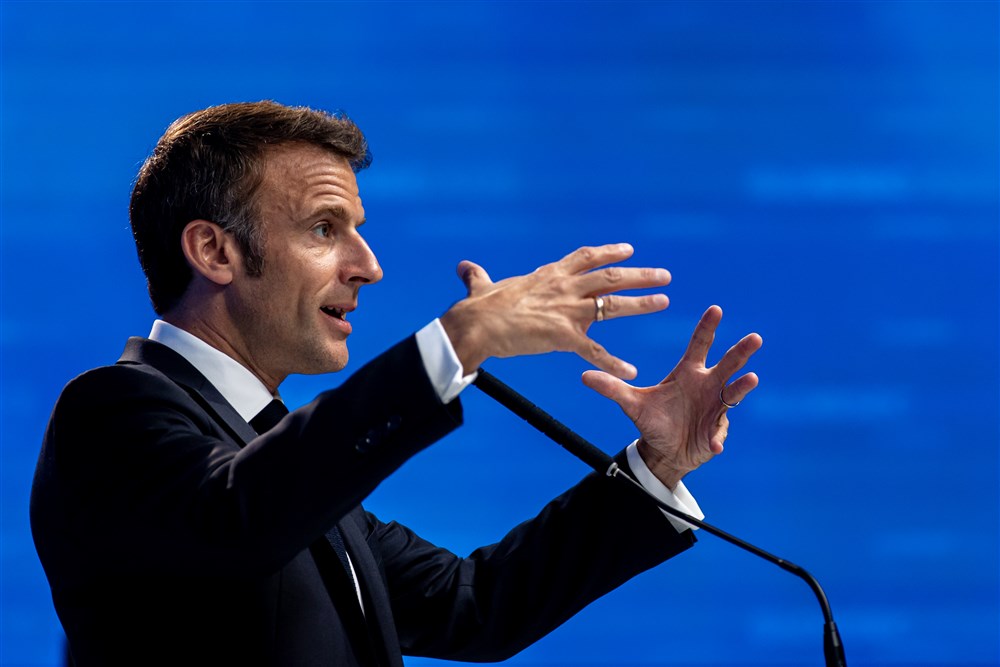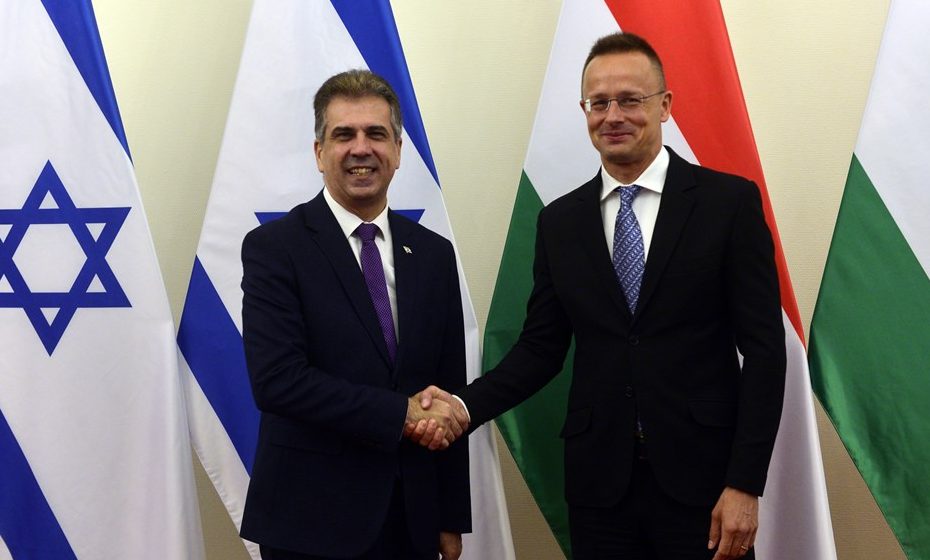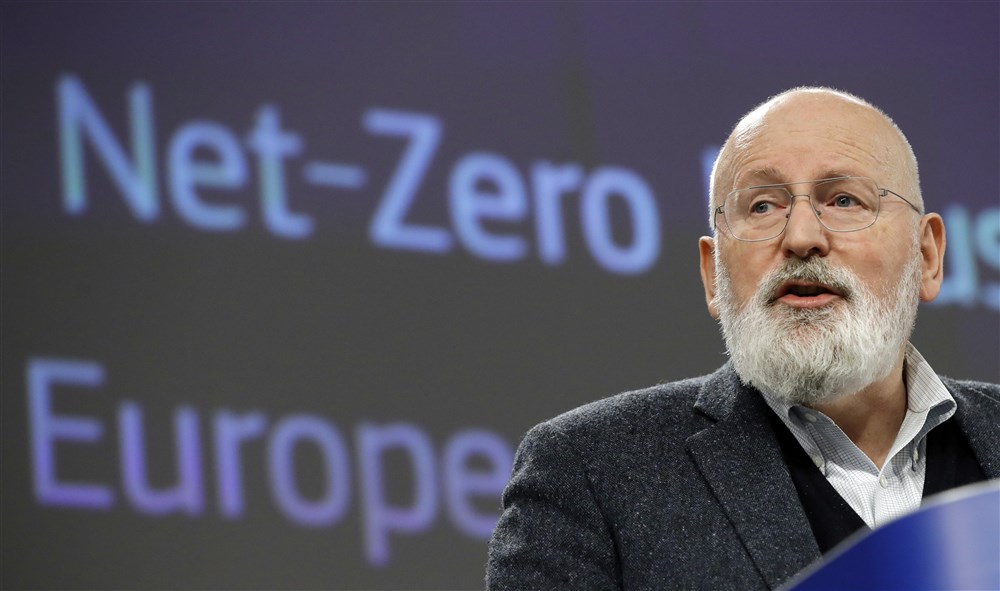The Russia-backed breakaway region of Transnistria, still internationally recognised as part of Moldova, will not be an obstacle to Moldova’s European Union membership, the EU’s de facto foreign minister, Josep Borrell, said on Thursday.
Borrell, the EU’s High Representative on Foreign Affairs and Security Policy, was in Moldova for the summit of the European Political Community, along with other heads of the EU and of 40 European nations.
Moldova launched its bid to join the EU shortly after the Russian invasion of Ukraine. However, according to some observers, Transnistria, the breakaway state on Moldova’s eastern border – where some 1,500 Russian troops have been present since 1992 – may pose a geopolitical threat to the EU should Moldova become a full Member State.
Countering concerns, Borrell said: “Moldova’s path is independent of what’s happening with Transnistria. Cyprus became a member of the European Union [while] having a territorial problem, Moldova can too.”
? LIVE NOW: HR/VP @JosepBorrellF remarks ahead of the 2nd European Political Community Summit in Moldova https://t.co/BZ4WpisI5x
— European External Action Service – EEAS ?? (@eu_eeas) June 1, 2023
The so-called ‘territorial problem’ problem in Cyprus relates to the Turkish-backed breakaway republic that occupies the northern third of the island. Despite that being the case, Cyprus successfully joined the EU in 2004.
Overall, Borrell’s message was one of unequivocal EU support for Moldova. He said the Moldovan people and government had a strong will to join the EU and “its European path is clear”.
Modova has struggled with severe social and financial instability since the outbreak of Russia’s military aggression against Ukraine. Major protests shook the Moldovan capital, Chișinău, in February, with thousands taking to the streets to denounce an energy crisis caused by the restricted flow of Russian gas, upon which Moldova is dependent, due to the war in Ukraine.
After receiving intelligence from Ukraine, Moldovan President, Maia Sandu, publicly announced that a Russian plot to destabilise the country and overthrow the pro-EU government had been uncovered.
While in the country, Borrell additionally inaugurated the European Union Partnership Mission to Moldova, which became operational on May 22.
The mission was sent under the EU’s Common Foreign and Defence Policy, at Moldova’s request, to bolster state stability. It will focus primarily on advising Moldovan authorities on how to resist what are called ‘hybrid threats’ – mainly being disinformation campaigns and cybers attacks against the state.
High-Representative @JosepBorrellF is in Moldova to attend the 2nd @EPCMoldova Summit. Together with President @sandumaiamd, they will discuss topics of the upmost importance to all European partners. #MoldovaIsNotAlone pic.twitter.com/4KvuBGD76r
— EPCMoldova (@EPCMoldova) May 31, 2023
EU officials, speaking to Brussels Signal, said the mission did not involve military personnel. However, Borrell also highlighted what he called the EU’s “massively increased … support for the modernisation of Moldova’s armed forces”, which raises questions about how involved the bloc might become in Moldova’s security issues.
Borrell also said that the EU “will sanction people trying to destablilise [Moldova]”.
That appeared to be a reference to Ilan Șor, an Israel-based pro-Russian oligarch. His Șor political party is seen as one of the chief players in the anti-government protests that shook Chișinău back in February. Șor has been sanctioned by the US since October, 2022.





